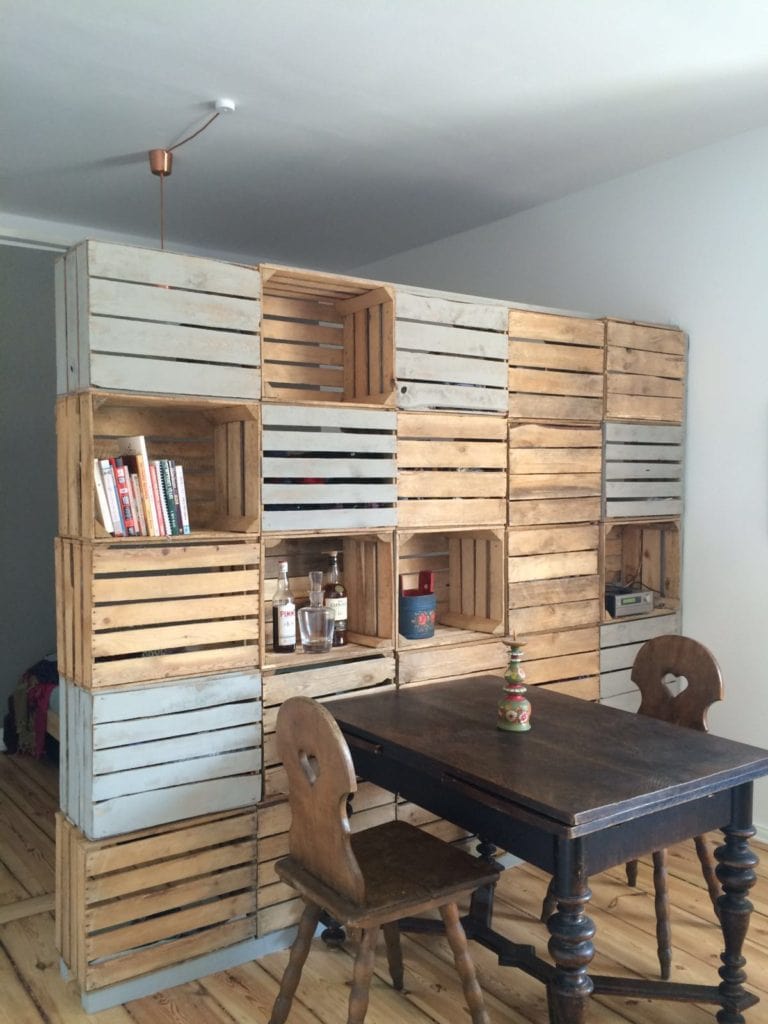
Upcycling – the creative reuse of discarded objects and/or materials to make an object of higher value and/or quality than the original – is a practice that we are beginning to see more and more of in the fashion industry too. It is the process of using unwanted and often times waste materials to create something fashionable and of value. Often thought of in terms of old pieces of furniture that are given a new lease of life, the term upcycling is beginning to be used more broadly.
A recent article in The Huffington Post: Beyond Recycling: How ‘Upcycling’ Is Paving The Way For Sustainable Entrepreneurship, highlights this practice, or lack thereof, in the textile industry. Known for producing excessive amount of waste, up and coming fashion labels and brands are turning to upcycling as a method of promoting sustainability in the industry. Sustainability, often thought of in environmental terms, should also be viewed in terms of durability and longevity of an item. If one thinks of upcycling as it relates to furniture, the items can be reused and refashioned because they have been made to last and are quality goods. This hasn’t always been the case in the fashion industry, particularly with the rise of fast fashion. It would be great to see the industry explore the options for producing quality items at different price points, not just at the luxury level.
As we mulled over this article, we were reminded of several organizations and brands that have been featured right here on the Artesan Gateway, for whom upcycling is second nature! The Fiber Resource Center, not only recycles pineapple fiber into textiles but upcycles used cotton to create new products; Chindi upcycles waste textiles into home decor products and accessories; Threadapeutic converts waste and scrap materials into bags and accessories; and UK fashion brand Madia & Matilda, incorporates upcycling and sustainable practices to the creation of their line of products. Not only are these organizations creating sustainable practices but create employment opportunities for the marginalized in their communities too. It is great to see our sector taking a holistic approach to sustainability!

